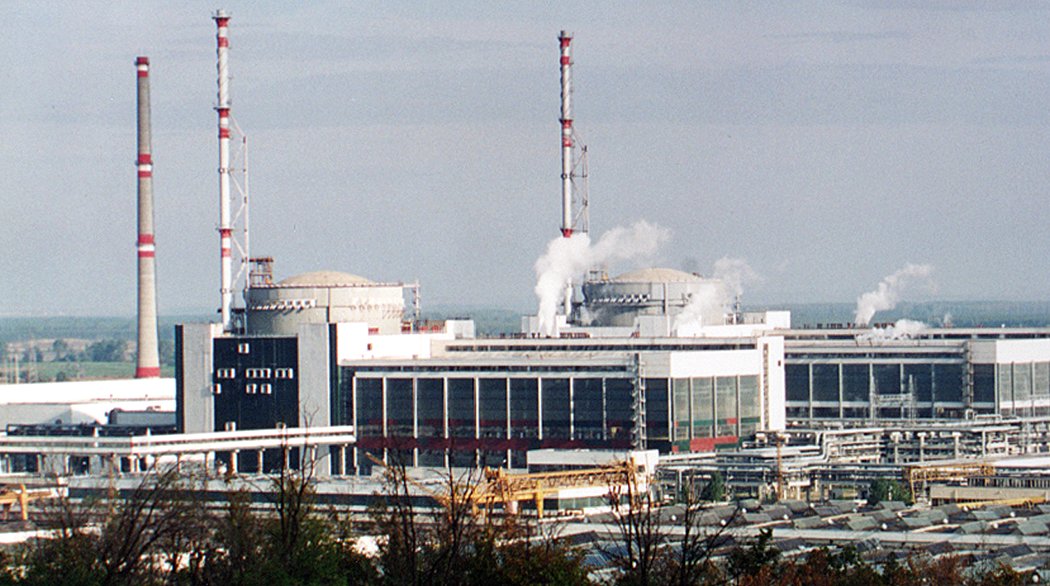If nuclear power were just a matter of designing a safe, efficient nuclear reactor, then it might be a good choice for a source of power. Unfortunately, there are many other factors that play a role in the implementation of nuclear power. Economic, environmental, health, political, social and other factors relating to nuclear power must be assessed. The Westinghouse Electric Company's AP-1000 is advertised as being one of the safest nuclear power reactors ever developed. While this is a great selling point for the AP-1000, there are other issues in the real world that it has to confront.
Bulgaria is a small country in Eastern Europe on sits on the Black Sea. It was a part of the old Soviet Union. The Kozlodui nuclear power plant was opened in 1974 and was the first nuclear power plant in the Soviet Union outside of Russia. The Bulgarians are proud of Kozlodui and many in Bulgaria would like to find a way to keep it open. Critics say that the additional electricity is not needed and that Bulgaria would be wiser to improve their existing electricity infrastructure and efficiency of their industries.
When Bulgaria petitioned to join the European Union in 2007, one of the conditions was that it shut down four aging Russian reactors at the Kozlodui nuclear power plant. The two remaining old reactors at the plant will reach the end of their licensed lifespan in the next decade. The supply of electricity in Bulgaria is politically sensitive and the price of electricity was one of the reasons that a previous government was overthrown there in 2013.
Recently, Russia has been belligerent and aggressive in Eastern Europe. It annexed the Crimea from nearby Ukraine and is involved in supporting rebels in Eastern Ukraine. Other Eastern European countries such as neighboring Romania, Belarus, Lithuania and Estonia are very concerned about the Russians. They have substantial Russian minorities which might form spearheads for Russian aggression against them. All these countries have to deal with the reality of being in the middle of rising tensions between NATO and Russia.
Russia is dedicating a lot of resources to the development of nuclear power reactors and nuclear fuel for export. There is already a war of words between Russia and the U.S./Japanese Westinghouse over the supply of nuclear fuel to Ukrainian reactors. Russia built the current Ukrainian reactors and supplied fuel for them. When Ukraine tried to use Westinghouse fuel rods in one of the Russian reactors, there were serious technical problems. Westinghouse claims that they have solved the problems and Russia expresses skepticism and says that using Westinghouse fuel rods in the Ukrainian reactors will be dangerous. Russia is competing with other nuclear technology exporting countries for the reactor business in countries without their own nuclear technology.
Russia was going to build the South Stream natural gas pipeline to supply Bulgaria, Serbia, Hungary, Austria and Italy. Work was underway when the U.S. and the E.U. managed to force Bulgaria to stop construction on the pipeline in June of 2014 because it was claimed that the pipeline was monopolistic. Russia was so angered by that development, that it officially cancelled the project in December of 2014, blaming Bulgaria. This was a serious blow to the current pro-Western regime in Bulgaria.
Bulgaria is walking a tightrope between two antagonistic major world powers. They hope to balance Russian energy projects with Western energy projects to keep everyone happy. Westinghouse and Bulgaria have been discussing the construction of an AP-1000 nuclear power reactor lately. Bulgaria says that major western investors such as Citibank are eager to finance the deal but they have not given any details. The Bulgaria government is short of funds and has just had its credit rating changed to "junk." Will Bulgaria get a Westinghouse reactor or will it be a casualty of international economic conflict like the abandoned South Stream natural gas pipeline?
Bulgarian Kozlodui nuclear power plant:
